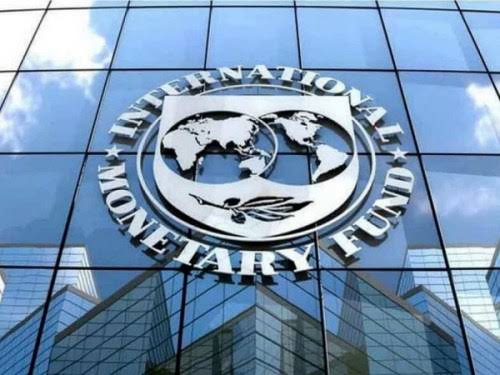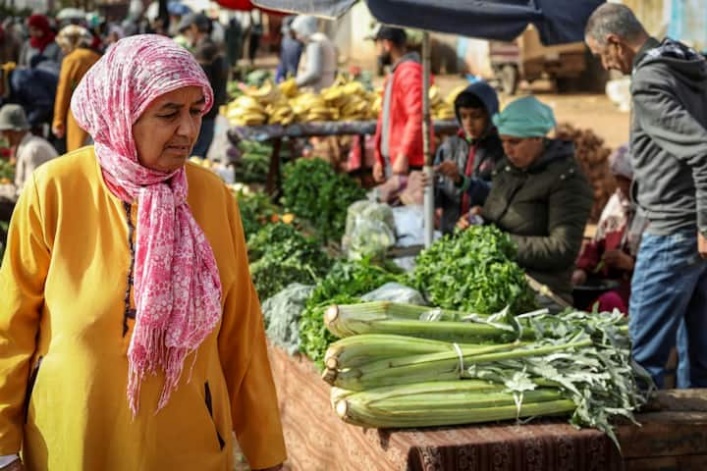
Avellon Williams
MOROCCAN – In Sale, near Moroccan capital, Rabat, shoppers inspect vegetables at a huge market, but exploding prices mean they are watching their spending ahead of Ramadan.
“Everything’s more expensive,” said Khadija El Asri, a resident of the down-at-heel neighbourhood of Sidi Moussa.

“These last three weeks, I’ve bought less vegetables and meat than usual.”
Hundreds of handcarts and boxes of produce line the market street, where mopeds hum and struggling shoppers and squeezed merchants bargain heatedly.
A soaring inflation rate comes just as Morocco prepares for Ramadan, the Islamic fasting month that begins in late March. The holy month tends to be a period of increased consumption due to night-time feasting.
It is estimated that global inflation reached 8.3 percent on an annualized basis in late 2022 mainly due to disruptions in global supply chains caused by Russia’s invasion of Ukraine and its impact on fuel and transportation costs.
Food prices spiked 16.8 percent in January, driving up the country’s consumer price index to 8.9 percent.
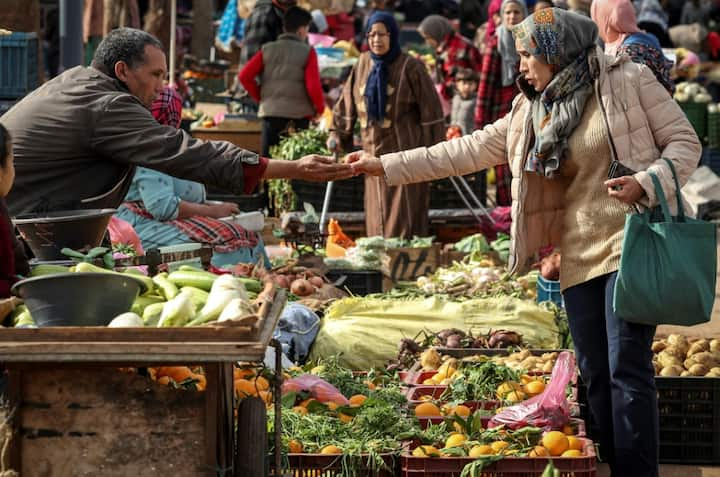
At the Sale market, one stallholder hawks potatoes for eight dirhams a kilogram — almost $1 (one euro).
Abdessalam El Mahdaoui, 63, a retired man, said prices were out of control.
“We used to be able to buy a whole basket of veg for 100 dirhams,” he said. “Today, even 300 dirhams won’t buy you that — people’s buying power has been cut by half.”
Government under fire
The minimum monthly salary in the country is just 2,770 dirhams (around $265, or 250 euros).
According to one stallholder, prices fluctuate daily.
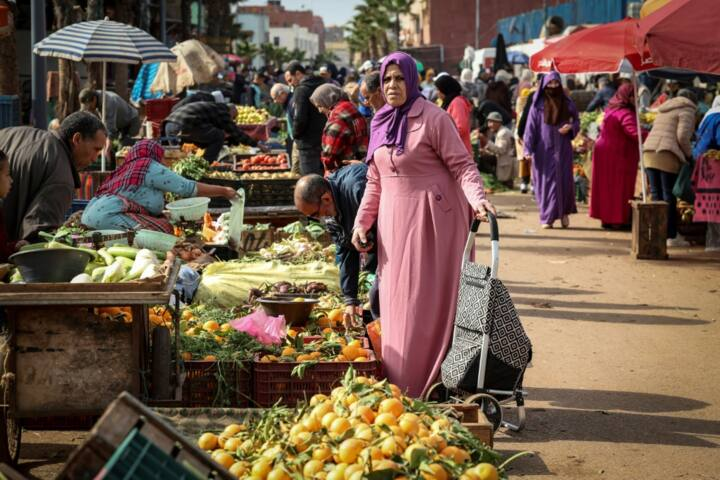
“Tomatoes are going at eight dirhams a kilo today, down from 12 dirhams two days ago,” he said, adding that he couldn’t explain why.
Overall, however, prices are surging upward, accompanied by bitter criticism from the opposition, trade unions, and even some media outlets.
A number of large cities have seen protests, although they have been limited and often cut short by the authorities.
According to the government, the price increases are the result of fraud and speculators, as well as “price manipulation”.
Mustapha Baitas, government spokesman, says authorities have conducted over 64,000 checks and found 3,000 violations, ranging from price-fixing to food quality manipulations.
The situation has worsened due to a crisis in the agricultural sector, which accounts for 14 percent of gross domestic product. In recent weeks, unusually cold weather has compounded the worst drought in four decades.
Agricultural policy expert Abderrahim Handouf said, “the drought has forced farmers to give up on cultivating their land this season,” not to mention the high cost of seeds and fertilisers.
Moroccan Economists, Socialists and Environmental Council has called for reforms to agricultural supply chains, citing “excessive and poorly controlled intermediaries, encouraging speculation”.
Most affected are the poor
There has been a boost in subsidies on some basic products such as sugar, flour, and cooking gas, as well as support for struggling workers in the transport sector.
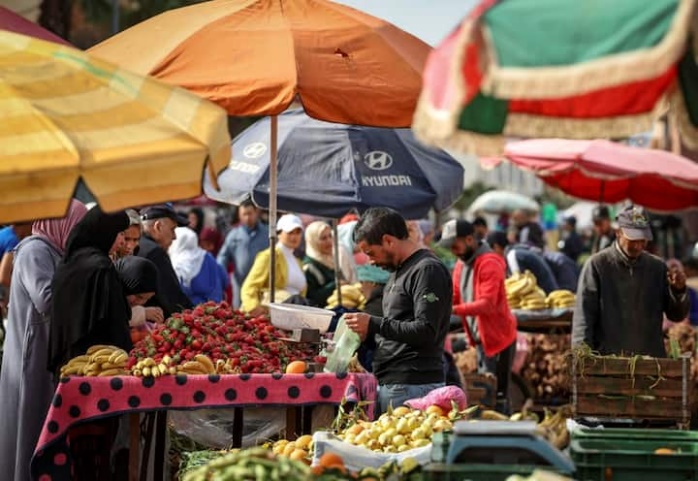
A temporary ban has also been imposed on vegetable exports to West Africa by authorities.
World Bank officials say these measures haven’t helped the poorest families.
“Despite these measures, it is low-income and vulnerable households that continue to suffer the most from the impact of the inflationary surge in food prices,” it said.
Former Moroccan football administrator Fouzi Lekjaa, now Morocco’s budget chief, announced in October that subsidies would eventually be replaced by cash payments.
However, such a move has been discussed for years. At the moment, Moroccan working class families are having a hard time getting by.
According to Mohammed Hamali, 53, who showed AFP six crates of avocados to make his point, he was struggling to sell them.
“Sometimes I sell them at a loss so at least they don’t go off,” he said.
As a result of the recession, Hamali says that the government needs to provide direct aid to poor families whose “quality of life is crumbling”.



